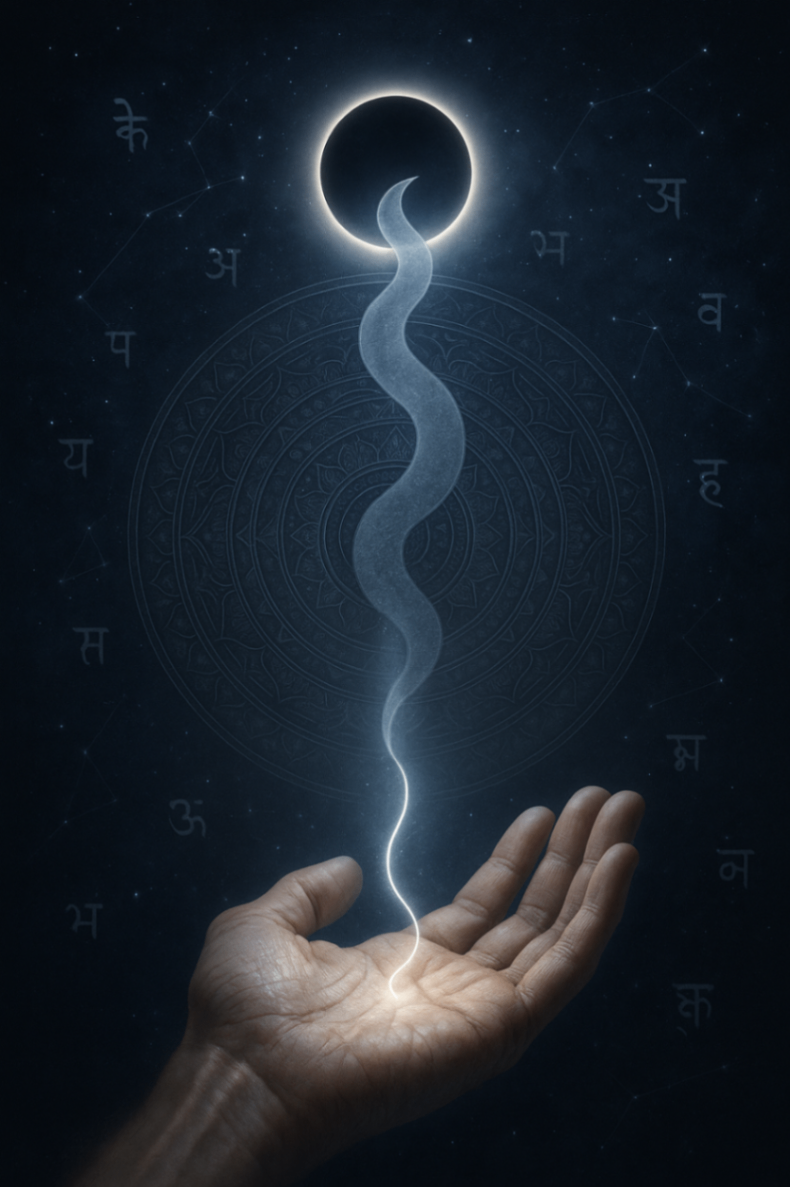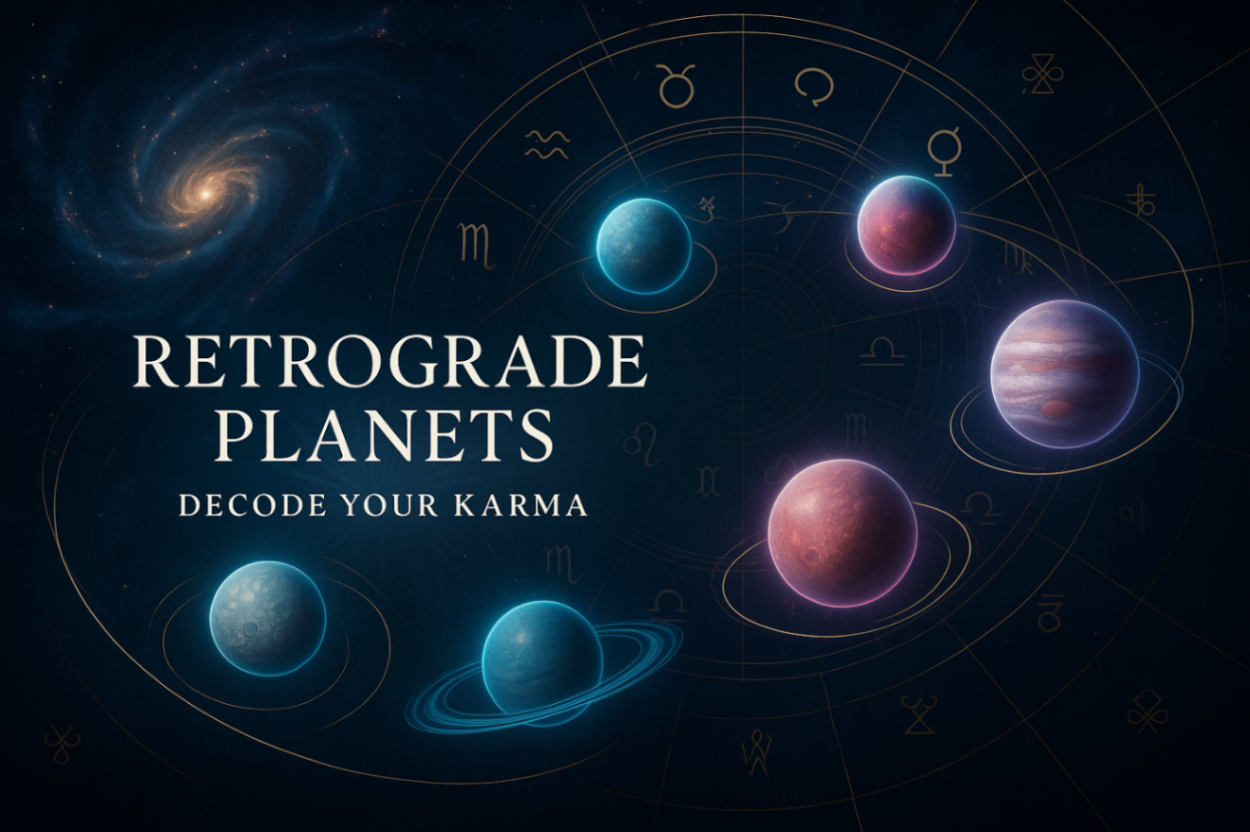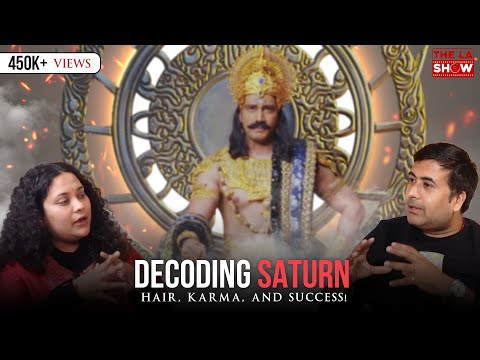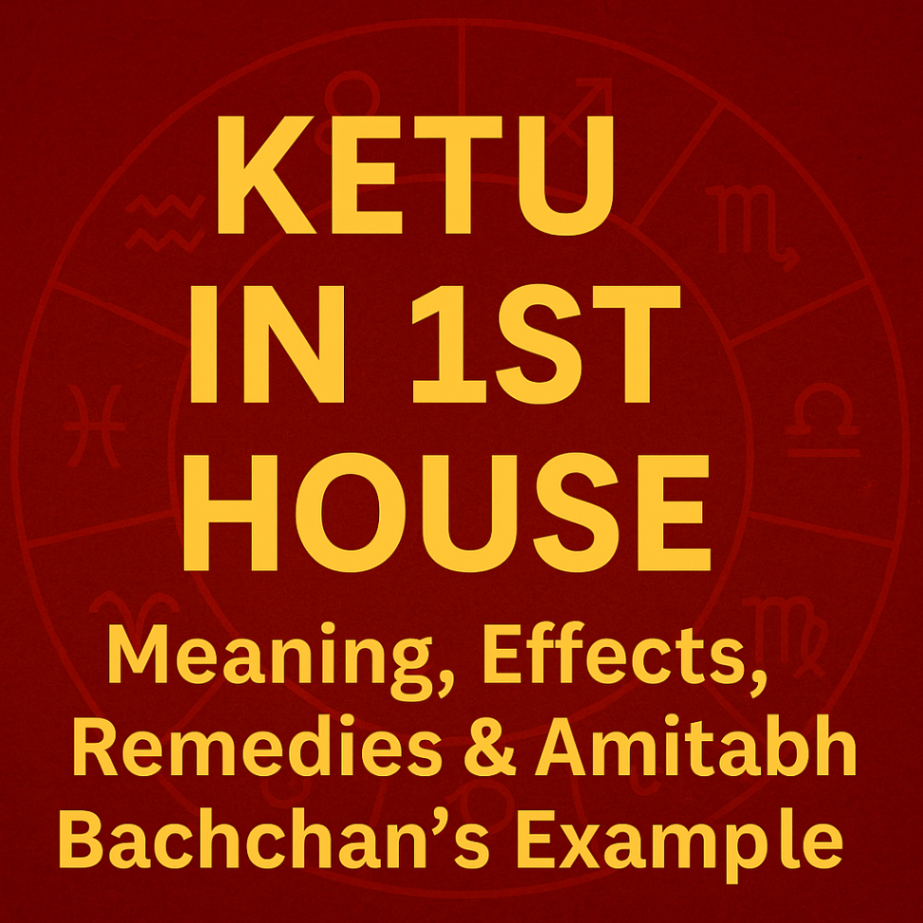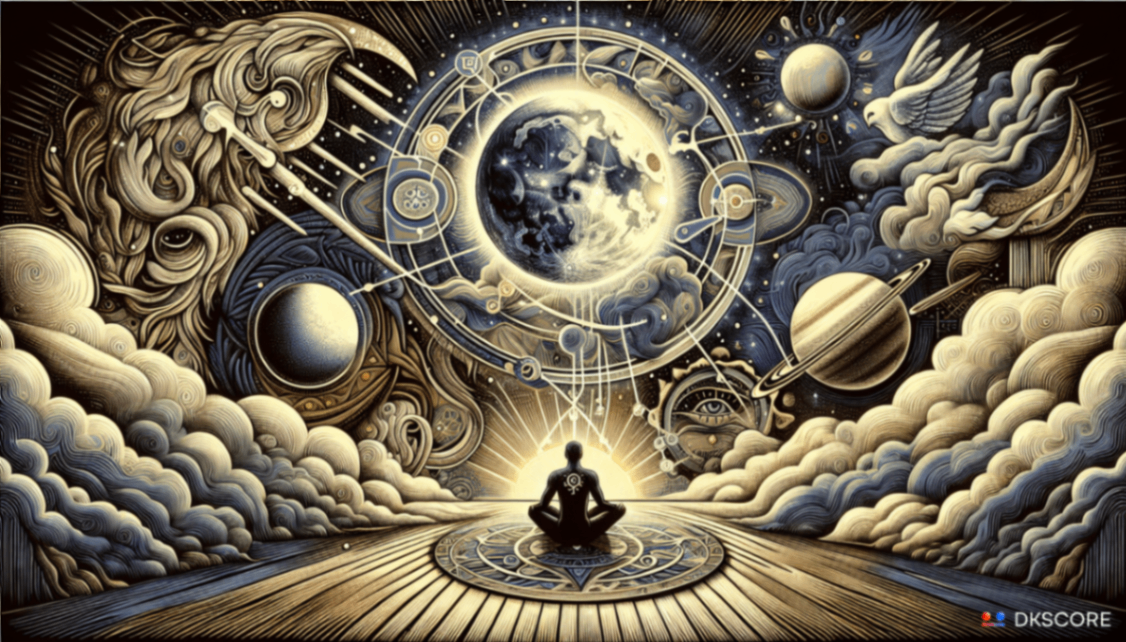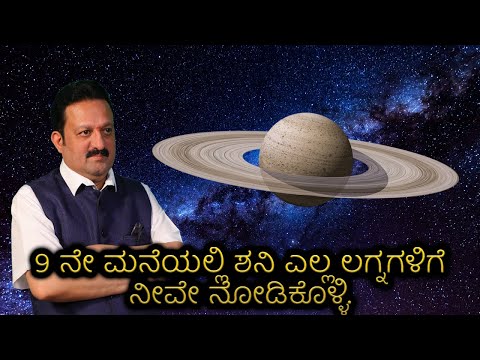Venus is a planet of beauty, love, diplomacy, and deep transformation. In Vedic astrology, it is known as Shukra, a benefic force that governs harmony, creativity, and material comforts. While many recognize its role in guiding romance and finances, fewer explore why Venus also called the morning star and evening star holds such profound significance. This dual appearance has stirred curiosity for centuries, capturing the attention of ancient civilizations and modern enthusiasts alike. From a Vedic viewpoint, it symbolizes transformation, heart-centered awareness, and the balancing forces of desire and spirituality. By exploring both its astronomical and mystical meanings, we may unlock new insights into life’s hidden dimensions.
THE DUAL ROLES OF VENUS
Venus plays two distinct roles in our sky. It shines brightly in the east before dawn, earning the title of Morning Star. Later in its cycle, it appears in the west after sunset, claiming the title of Evening Star. This shifting visibility expresses the planet’s cyclical transition. It can represent fresh beginnings during its morning phase and profound fulfillment or reflection during its evening phase. Many cultures have tried to answer why venus is called the morning and evening star, and these legends often emphasize renewal, rebirth, and evolving wisdom.
In Vedic thought, Shukra embodies many qualities. It can bring wealth, artistry, and passion for the good things of life. At the same time, it carries a profound spiritual message. It reminds us to value growth and transformation. By observing Venus in both morning and evening skies, we witness the planet’s own journey of change. This movement parallels the metamorphosis we often need in our inner world. We seek what we desire and then learn to integrate those desires with higher values.
ASTRONOMICAL SIGNIFICANCE
The position of Venus relative to the Sun defines its appearance as Morning or Evening Star. When it orbits between Earth and the Sun, we see it in the early dawn sky. When it moves to the other side of the Sun, it emerges after sunset. Both phases can last several months. Ancient astronomers meticulously tracked this cycle. They also recognized that mercury and venus as the morning and evening star come under the category of “inferior planets” because they orbit closer to the Sun than Earth does.
These orbital mechanics create patterns in the sky. One of the most famous patterns is the Venus Pentagram, formed over an eight-year cycle. Every time Venus completes a new phase, it appears to trace a petal-like shape. Over several transitions, these petals form a fivefold geometry. This cycle fascinated observers across civilizations. They saw cosmic artistry that confirmed their spiritual beliefs about repetition, renewal, and hidden design in creation.
HEART-CENTERED AWARENESS IN VEDIC ASTROLOGY
In many esoteric teachings, Venus aligns with the heart chakra, symbolizing compassion, empathy, and the power to love unconditionally. The ancients taught that wealth is not only about money or luxury. True prosperity includes the ability to experience bliss in daily life. An imbalanced heart often prevents us from enjoying what we already have. When people engage with the energy of Shukra, they learn to appreciate their blessings, refine their desires, and use their creativity for upliftment.
This heart-centered dimension of Venus can also reveal reasons behind unfulfilled wishes or ongoing struggles with relationships. When Venus is strong in a birth chart, it becomes easier to manifest love and attract supportive connections. When Venus faces certain afflictions, we may experience heartbreak or a sense of repeated disappointments. Understanding how these patterns operate can encourage us to align with Venus’s higher ideals, bringing more harmony into our emotional life.
MORNING STAR: THE PROMISE OF NEW BEGINNINGS
When Venus rises before the Sun, many cultures have called it the Bringer of Light. This association with dawn represents awakening energies. It suggests newfound motivation in love, creative pursuits, and spiritual practice. The planet’s brilliance at this hour can signal an opportunity to start fresh projects or initiate important goals. Vedic seers observed that people with a strong Morning Star Venus in their birth charts often display dynamic ambition in relationships and careers. They approach love with optimism, even if they have previously faced disappointment.
From a ritualistic angle, certain traditions recommend offering prayers or mantras to Shukra when it appears in the early sky. Devotees believe that chanting Venus’s mantras at sunrise helps tune them to the planet’s gentle blessings. The alignment with morning energies also cleanses negative patterns and fosters a sense of renewal. As the Morning Star, Venus inspires us to tap into our heart’s desires without losing sight of personal growth and responsibility.
EVENING STAR: HARMONY, CONTEMPLATION, AND FULFILLMENT
Later in its cycle, Venus follows the Sun below the horizon. We then see it shining in the western sky after dusk. During this evening phase, the planet’s energy can nurture contemplation and emotional processing. While the morning aspect may spark new directions, the evening form encourages us to enjoy the fruits of our labor. This is a period for savoring the artistry of life, forging deeper bonds, and reflecting on what truly brings joy.
Venus in the west is often connected to beauty and aesthetic sensibility. People sometimes call it the star of love. In Vedic practice, an Evening Star Venus can help individuals master diplomacy, refine artistic skills, and maintain equilibrium in partnerships. This is especially useful in modern life, where forging alliances and maintaining professional relationships can be essential for success. Over time, these gifts manifest in many forms—meaningful friendships, creative achievements, and a deeper sense of self-worth.
MYTHOLOGICAL AND CULTURAL INTERPRETATIONS
People often think of Venus as a feminine planet. However, many traditions speak of it as a guiding teacher or Guru. This stems from the Sanskrit name Shukra, which represents a great master in certain mythological stories. Vedic texts show Shukra as a Tantric adept who sought hidden knowledge. By cultivating devotion, he achieved extraordinary powers, including the ability to revive the fallen. These stories hint at the healing potential within Venus’s energy. It can revive hope in discouraged hearts and restore balance where chaos once prevailed.
Other ancient societies placed Venus at the center of their beliefs. In Mesoamerican cultures, the planet was both revered and feared for its supposed impact on seasonal changes. Astronomers in those communities diligently charted its rising and setting times. They also planned rituals around it. They noticed how cyclical transformations of Venus often aligned with major shifts in leadership or social order. Such observations gave further depth to the idea that venus also called the morning star and evening star influences collective and personal renewal.
VENUS AND THE POWER OF RELATIONSHIPS
Venus is the planet of partnership. Though it is famous for love, it also governs alliances in diplomatic, political, and social spheres. Those who possess a well-placed Venus are often charming, persuasive, and adept at forging beneficial connections. In the realm of governance or leadership, such individuals can rally others toward a common goal. They can also bring a sense of fairness and unity to tense situations.
At the individual level, this planet teaches that healthy relationships require gratitude, empathy, and a willingness to grow. When we focus on cultivating these traits, we strengthen our connections. Our interpersonal bonds become vehicles for soul-level evolution. In that sense, Venus is not merely about romance or luxury. It is the gateway to a fulfilling life grounded in kindness and mutual respect.
MERCURY AND VENUS AS DYNAMIC DUO
While the conversation often revolves around why venus is called the morning and evening star, it is helpful to note that mercury and venus as the morning and evening star move closer to the Sun than Earth does. Mercury also transitions between morning and evening visibility. Yet Venus shines more vividly due to its greater brightness. Despite their differences, Mercury and Venus often cooperate in shaping communication, understanding, and love in our lives.
When both are strong and harmoniously placed, individuals tend to express themselves gracefully. They can blend intelligence with warmth. In a Vedic sense, Mercury fosters our analytical side, while Venus develops our capacity for compassion and artistic expression. Balancing both energies can lead to better decision-making and more effective relationships. These two planets may be called the “inner teachers,” revealing how thoughts (Mercury) and feelings (Venus) shape our realities.
VENUS IN DAILY PRACTICE AND OBSERVATION
Many practitioners appreciate gazing at Venus in the early morning or late evening. They use that time to recite mantras, practice breathwork, or simply observe the calm of the sky. This simple act re-establishes a harmony with nature’s rhythms. It also supports mental clarity. In a world overloaded with stimuli, such mindful pauses can nurture emotional balance. Contemplation upon a visible planet like Venus helps anchor cosmic teachings into daily life.
Vedic astrology often advises devotees to pay attention to planetary visibility. Some rituals or auspicious tasks are more effective when performed at specific planetary hours or near a planet’s appearance. For example, when Venus is visible, individuals seeking harmony in their relationships may offer prayers to foster peace or start new creative endeavors. Many see real progress when they tune their personal efforts to cosmic timing.
POWER OF TRANSFORMATION AND THE HEART
Venus resonates with the transformative power of the heart. Its cycle reminds us that clarity and fulfillment require undergoing a passage of renewal. This might mean releasing old patterns and opening to fresh experiences. The planet’s metamorphosis from dawn to dusk echoes the journey of love itself. We may move from initial excitement to deeper compassion, and eventually to a balanced understanding of what love truly means.
Whether it signals new beginnings or invites deeper reflection, Venus invites us to engage consciously with our desires. We learn to harmonize them with a sense of duty and responsibility. In its highest aspect, Venus offers spiritual comfort and a path to ascend beyond self-centered cravings. As we incorporate Venus’s teachings, we might discover life’s greater beauty—visible not only in outward opulence, but also in the radiance of a happy and open heart.
CONCLUSION
Venus demonstrates that light and shadow are inseparable parts of existence. It is beautiful at sunrise, inspiring hope in new ventures. It is equally mesmerizing at sunset, symbolizing repose and gratitude for life’s blessings. By viewing Venus the Morning Star and Evening Star through a Vedic lens, we see more than just a planet shining in different halves of the sky. We find a cosmic teacher urging us to harmonize the power of desire with higher wisdom.
In the ancient scriptures, Shukra’s determination to gain spiritual knowledge reveals the potential for renewal that rests within every one of us. Whether we are working to enhance relationships, refine our creative gifts, or deepen our meditative practice, Venus provides a steady guiding light. It reminds us to seek balance in both outward pursuits and inner growth. By embracing its dual nature, we honor life’s many cycles and open our own hearts to love, insight, and lasting contentment.
```








